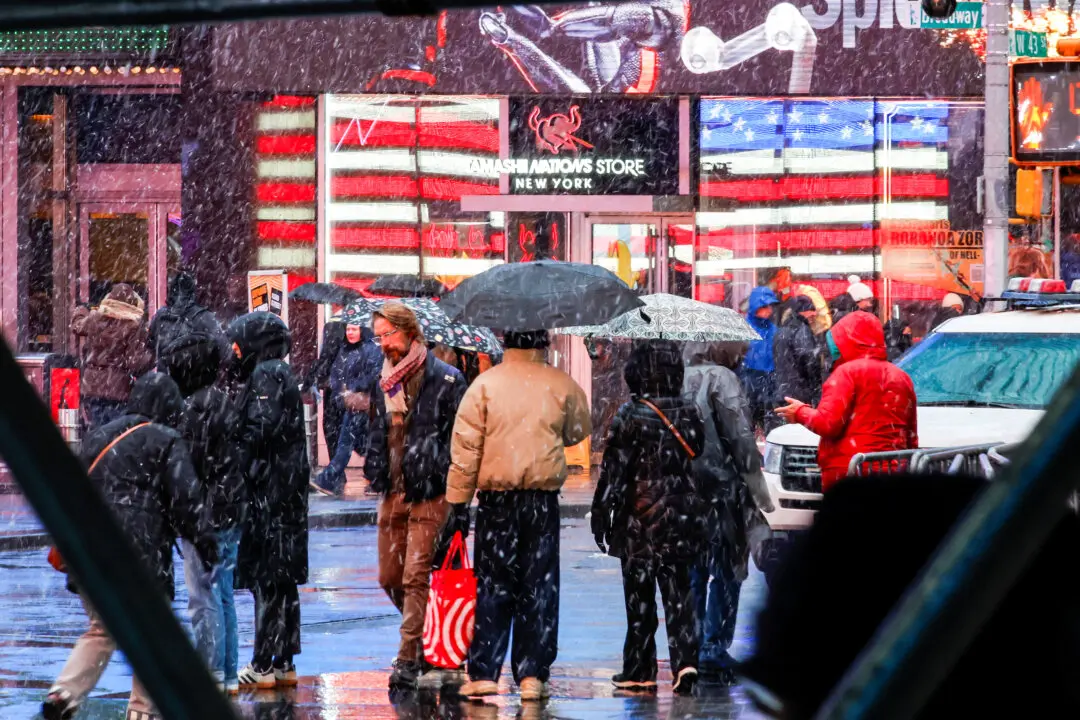HONG KONG—Hong Kong’s embattled leader warned on Aug. 5 that protests gripping the Asian financial center are a challenge to China’s sovereignty as strikes crippled transport across the city and led to the cancellation of more than 200 flights.
Beijing-backed Lam addressed the media for the first time in two weeks after yet another weekend of violent protests and reiterated that the demonstrations were pushing the city to the verge of an “extremely dangerous situation.”





